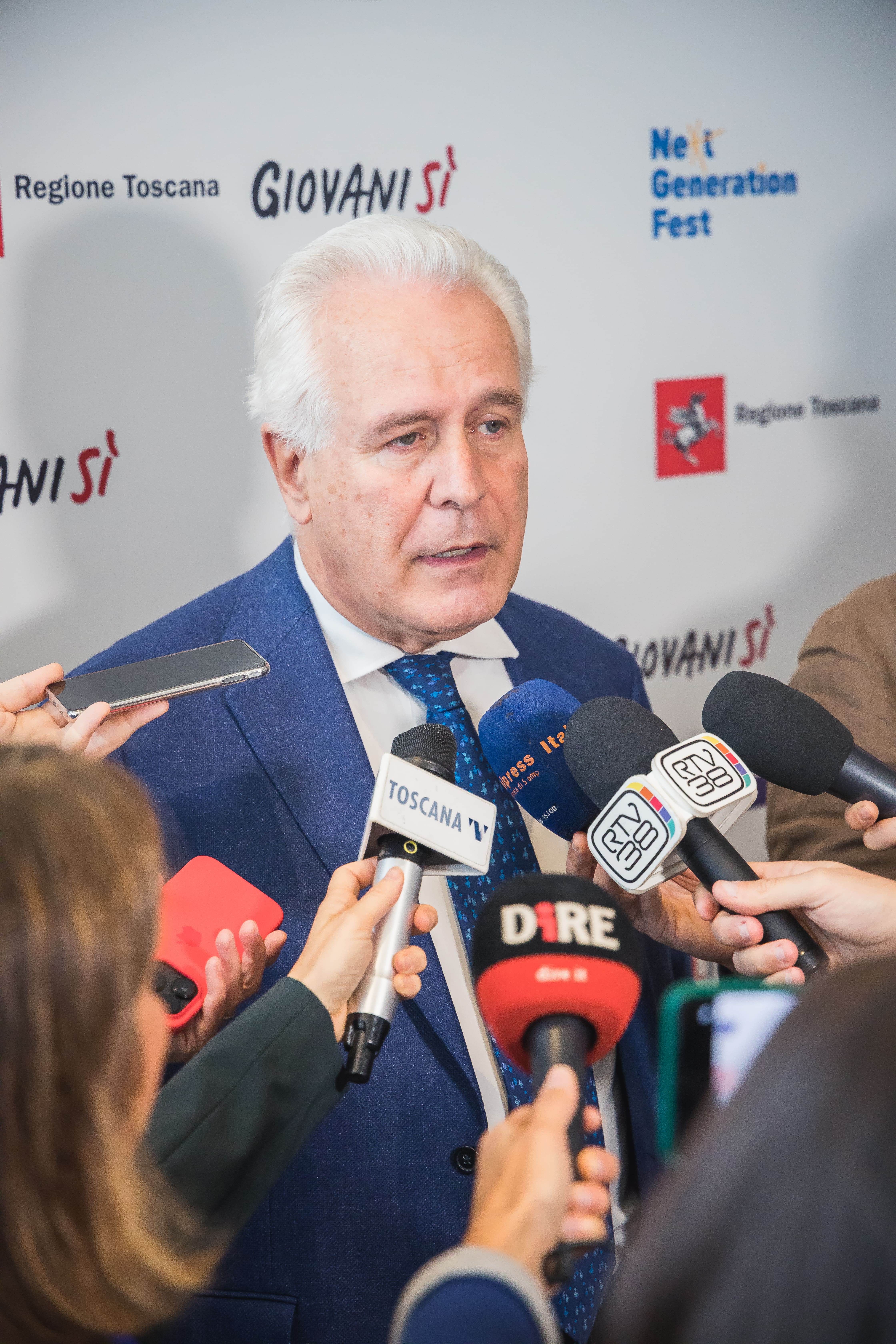In this interview, Eugenio Giani, President of Tuscany Region, explains how Tuscany is leading the way with youth empowerment projects. Giovanisì is the main project working to ensure that young people have access to the tools to become independent.
The interview is part of our interview series “Youth for Europe, Europe for Youth”, which puts the spotlight on the many inspiring initiatives implemented by progressive cities and regions in Europe in relation to youth policies.
Why is your region progressive when it comes to youth empowerment in politics?
My region has always dedicated resources to involving and supporting young people. We believe that they are the heart of the Tuscany of tomorrow and we want to give them the tools they will need to tackle and beat the challenges before us.
Tuscany has launched a number of initiatives in support of the younger generations, and Giovanisì is one of the main ones. It's a project which primarily aims to help young people stand on their own two feet by developing and promoting the opportunities arising from the right to study and take part in training, by supporting mechanisms to help young people enter the labour market and by helping start-ups get over the early hurdles.
Another initiative launched by Tuscany in 2011 is the regional parliament of students (Regional law No 34 of 28 July 2011). This is a democratic body made up of 60 students representing Tuscan secondary school students aged 14 to 19.
The parliament is elected every two years and has the following objectives:
- it encourages young people to get involved in the institutional and administrative activities of the Regional council of Tuscany;
- it promotes and develops active citizenship projects;
- it promotes good working relationships with Tuscan educational institutes and other institutions;
- it promotes its activities through appropriate communication channels and meetings with local secondary schools.
Can you share with us one successful project that you put in place aimed at empowering young people in your region?
In 2011, Tuscany launched Giovanisì, a big project which is very important to us. It was set up to help young people become independent. The project covers a network of opportunities, divided into seven categories: apprenticeships, accommodation, civic service, business, study and training, work and Giovanisì+ (engagement, culture, legal aspects, social life and sport).
Over the 11 years in which it has been active, Giovanisì has spent over EUR 1.4 billion on opening up opportunities for over 460 000 young people.
On 5 November, to mark the European Year of Youth, we organised Next Generation Fest. This event in Florence was attended by over 5000 teenagers and young adults who discussed Europe, innovation, digital matters, sustainability, creativity, inclusion and citizenship.

In your opinion, what should be the three key priorities for Europe's progressive family when it comes to youth policies?
I think that solidarity should continue to be our North Star. We must strive to push back against the culture of individualism which is taking over our societies. Sustainability, work and rights are the three priorities that the progressive family needs to develop hand in hand with the younger generations. We have seen fundamental changes in our societies over the last few decades, and so we need to change the way those societies function to make them fair and sustainable.
What role do you believe young people can play in the 2024 European elections?
A fundamental one! Young people must be fully engaged in building a strong alternative to the political proposals put forward by the conservative alliance. For some years now, right-wing parties in Europe and the US have been promoting a social model based on the patriarchy, and submitting legislative proposals which jeopardise a number of rights, such as abortion and divorce.
The process of analysing the problems facing us and building a sustainable, fair society underpinned by solidarity needs the ideas and energy of the younger generations. They need to be involved in analysing, developing and communicating our ideas, ensuring that society as a whole is familiar with those ideas and making full use of social media.
© Photo credits: Tuscany Region, in the photo Eugenio Giani
